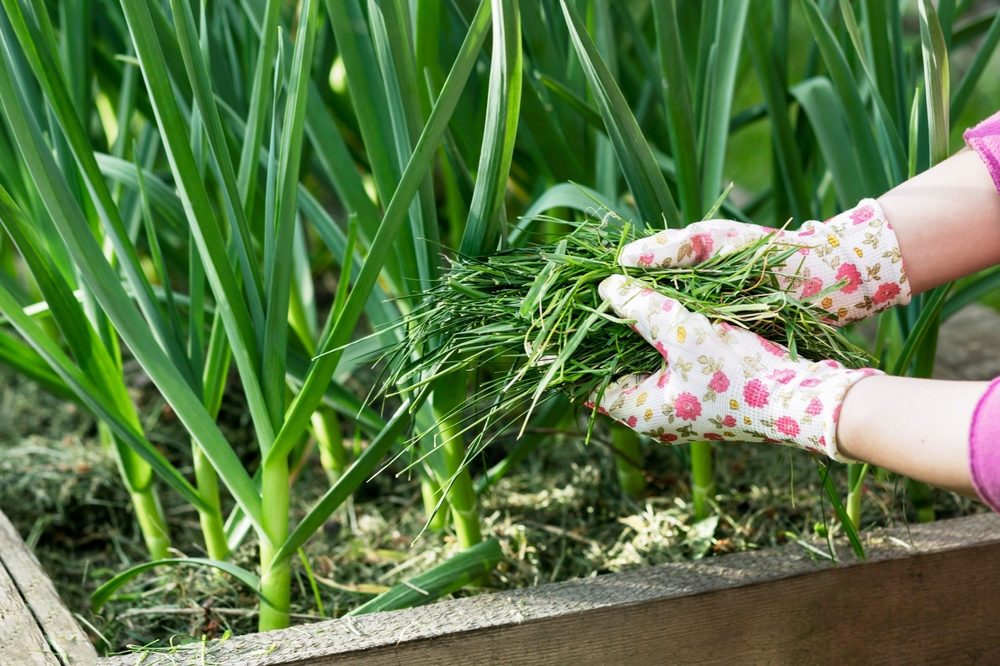Seniors, why blow up the bench for lawn care? Discover how you can make your garden look pristine for less than $20!
In an era where the cost of living is continually rising, managing household expenses becomes a crucial aspect of financial stability, especially for seniors living on fixed incomes. Lawn care, an essential part of home maintenance, often poses a significant burden due to its recurring costs. However, it is entirely feasible for seniors to maintain their lawns without breaking the bank, keeping their expenses below $20. This essay explores practical strategies to achieve affordable lawn care for seniors.

Explore community resources
One of the most underutilized resources for affordable lawn care is community assistance programs designed specifically for seniors. Many towns and cities offer services through local parks and recreation departments or through partnerships with non-profit organizations. These services often include lawn mowing, weeding, and general yard upkeep at a subsidized cost or even for free, depending on the senior’s income level. Seniors can contact their local community centers to inquire about available programs and eligibility requirements.
Leveraging Senior Discounts
Numerous lawn care companies recognize the financial constraints faced by seniors and offer special discounts. These discounts can significantly reduce the cost of lawn care services, sometimes by as much as 20% to 30%. Seniors should not hesitate to negotiate and ask for senior rates from their providers. It’s also beneficial to shop around and compare prices and discount offers from different service providers in the area to ensure they are getting the best deal.
DIY Lawn Care Techniques
For seniors who are physically able and enjoy being outdoors, taking a do-it-yourself approach to lawn care can be both cost-effective and rewarding. Investing in a good quality, easy-to-use lawn mower can save money in the long run. Seniors can also learn basic lawn maintenance techniques such as proper mowing heights, watering practices, and natural pest control methods from local gardening clubs or online resources. This not only keeps the lawn in good shape but also promotes physical activity and well-being.

Community Support and Sharing Economy
Another economical approach is participating in a sharing economy within the community. Seniors can team up with neighbors to share the cost and use of lawn care equipment like lawn mowers, trimmers, and other gardening tools. This reduces the individual investment and maintenance costs. Moreover, community involvement strengthens social bonds and can lead to reciprocal arrangements where neighbors help each other with various chores.
Seasonal Maintenance Schedule
Seniors can save money by adhering to a strict seasonal maintenance schedule. By following guidelines for when to fertilize, aerate, or apply weed control, they can prevent costly issues before they arise, ultimately reducing the need for expensive interventions.
Natural Lawn Care Products
Opting for natural or homemade lawn care products can significantly cut costs. Seniors can make their own compost for fertilizing, utilize vinegar or soap solutions for weed control, and explore organic pest control methods, all of which are often cheaper than commercial alternatives.
Water Conservation Techniques
Implementing water conservation techniques not only saves money on water bills but also promotes a healthier lawn. Seniors can invest in rain barrels to collect water for irrigation, adjust sprinkler systems to minimize water waste, and choose drought-resistant grass varieties to reduce the need for excessive watering.

Mulching Instead of Bagging
Instead of bagging grass clippings, seniors can opt for mulching, which returns essential nutrients to the soil. Mulching not only saves time and effort but also eliminates the need for purchasing and applying chemical fertilizers, thus reducing lawn care expenses.
Integrated Pest Management (IPM)
Seniors can employ integrated pest management techniques to control pests effectively without relying on expensive chemical treatments. This approach involves identifying pest problems early, encouraging natural predators, and using targeted treatments only when necessary, ultimately reducing the cost of pest control.
Regular Lawn Inspections
Conducting regular inspections of the lawn allows seniors to identify issues promptly and address them before they escalate. By catching problems early, such as disease outbreaks or invasive weeds, seniors can avoid costly remedies and maintain a healthy lawn within their budget.

Educational Workshops and Seminars
Many community organizations offer free or low-cost educational workshops and seminars on lawn care and gardening. Seniors can take advantage of these resources to learn new techniques, stay updated on best practices, and connect with other enthusiasts, empowering them to manage their lawn care more efficiently and economically.
Conclusion
Maintaining a lawn should not be a financial strain for seniors. By utilizing community resources, taking advantage of senior discounts, adopting DIY lawn care methods, and engaging in community sharing initiatives, seniors can effectively keep their lawn care expenses under $20. Not only do these strategies aid in managing costs, but they also foster a sense of community and self-reliance among seniors. As communities continue to grow and evolve, it is vital that they keep providing support and resources to ensure that seniors can live comfortably and economically, enjoying the beauty of their outdoor spaces without the worry of high costs.

